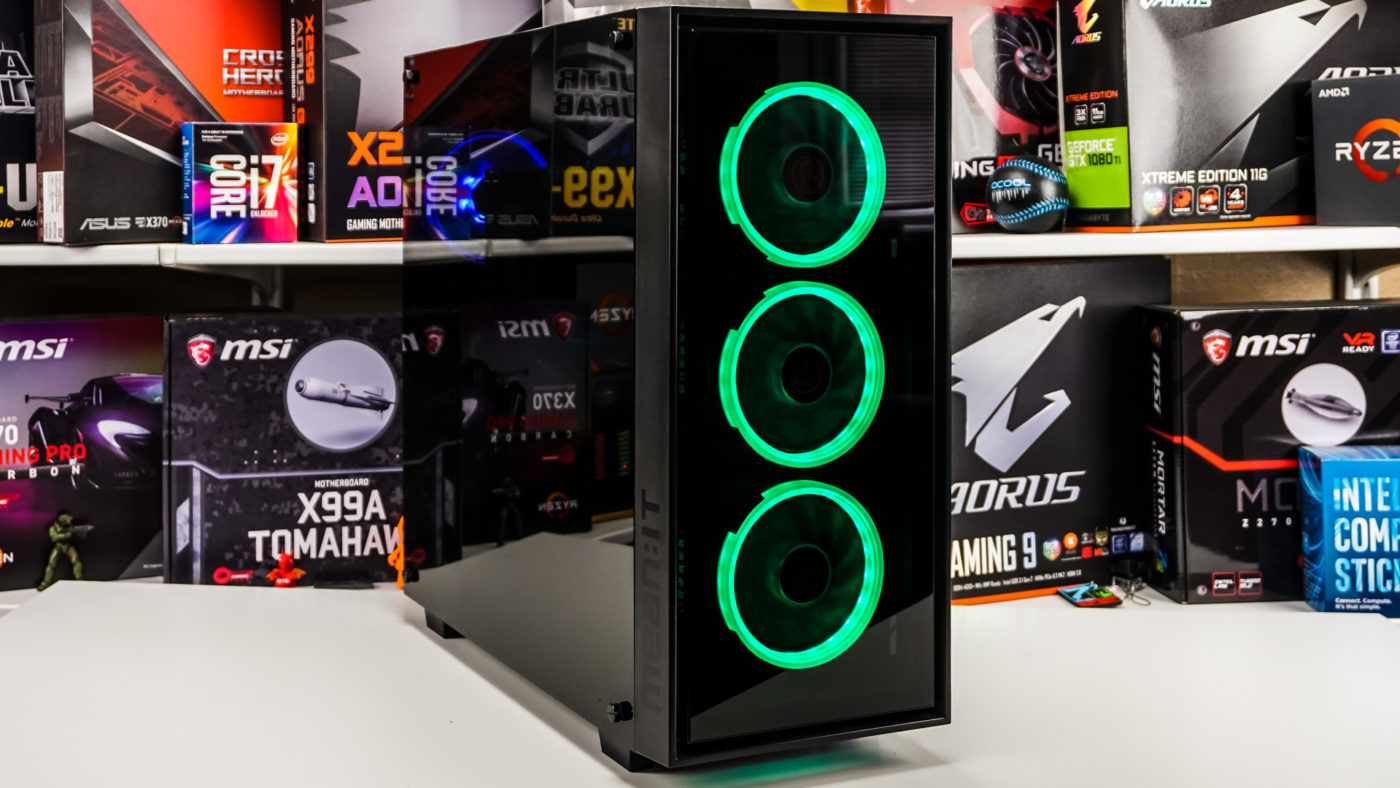Building a PC helps you customize your computer for gaming experience. For example, avoiding bloat-ware is possible. Bloat-ware refers to rarely used software that requires memory and excessive disk space. You can gain a new skill as well. However, developing this skill takes a bit of time and research. For example, here are 5 things you should know about building a gaming computer.
- An Efficient PSU Is Better Than a Powerful One
Power Supply Units have varying levels of wattage. Some are as low as 350 watts while others can be as high as 1,000 watts. A few manufacturers have even built Power Supply Units (PSUs) that have 2,000 watts or more. The question is whether the use of power by PCs increase as the wattage level rises. The answer is no. Therefore, a high-watt PSU when for a PC that needs a bit of that power is unnecessary. In most cases, gaming PCs require 350 to 450 watts of power. Go for PSUs that lie within this range.
- Upgrading PCs Built On a Budget Is Possible
PC builders focus on building computers that have the latest software and hardware. They often realize that this approach is an expensive one. Eventually, many of them give up on the project because it becomes too costly for them. Avoiding this mistake is possible if you focus on building a practical PC instead of an expensive one. For example, opting for a moderate level of memory or an entry-level graphics card is an excellent idea. Remember, you can upgrade these components as time goes.
- The Casing on Your Gaming PC Matters
Choose a casing that improves the airflow in your PC. It will reduce internal temperatures in your PC resulting in reduced rates of computer failure. The machine operates quietly as well because the temperature-controlled fans do not spin as fast as they usually do. Another excellent idea is going for a casing that has air filters. It reduces the amount of dust that flows into your PC. Checking its weight is also a good step. Select aluminum ones if they are available because they weigh less than other casings do.
- GPU Specifications Are Critical
The Consumer Electronics Association recently revealed that 75% of gamers examine a game’s graphics before they purchase it. They have similar views on the visual display of PCs. Selecting a suitable Graphics Processing Unit (GPU) is critical if your opinion matches theirs. Go for NVidia or AMD products because they manufacture the highest quality GPUs in the market. You can get them from Jumo Computer. Ask for a unit that has an average of 30 fps to 60 fps.
- Having Additional RAM Is a Good Thing
Random Access Memory (RAM) determines how quickly your CPU works. The more RAM you have, then the quicker your CPU is. That means a 16 GB RAM is better than an 8 GB one. However, having additional RAM is only useful up to a particular point. More specifically, a maximum RAM of 64 GB is sufficient for a PC. Focusing on increasing the speed of your RAM after this point is more useful than trying to increase its size. Remember, a quick RAM sends instructions to your CPU quickly improving the rate at which the computer works.


